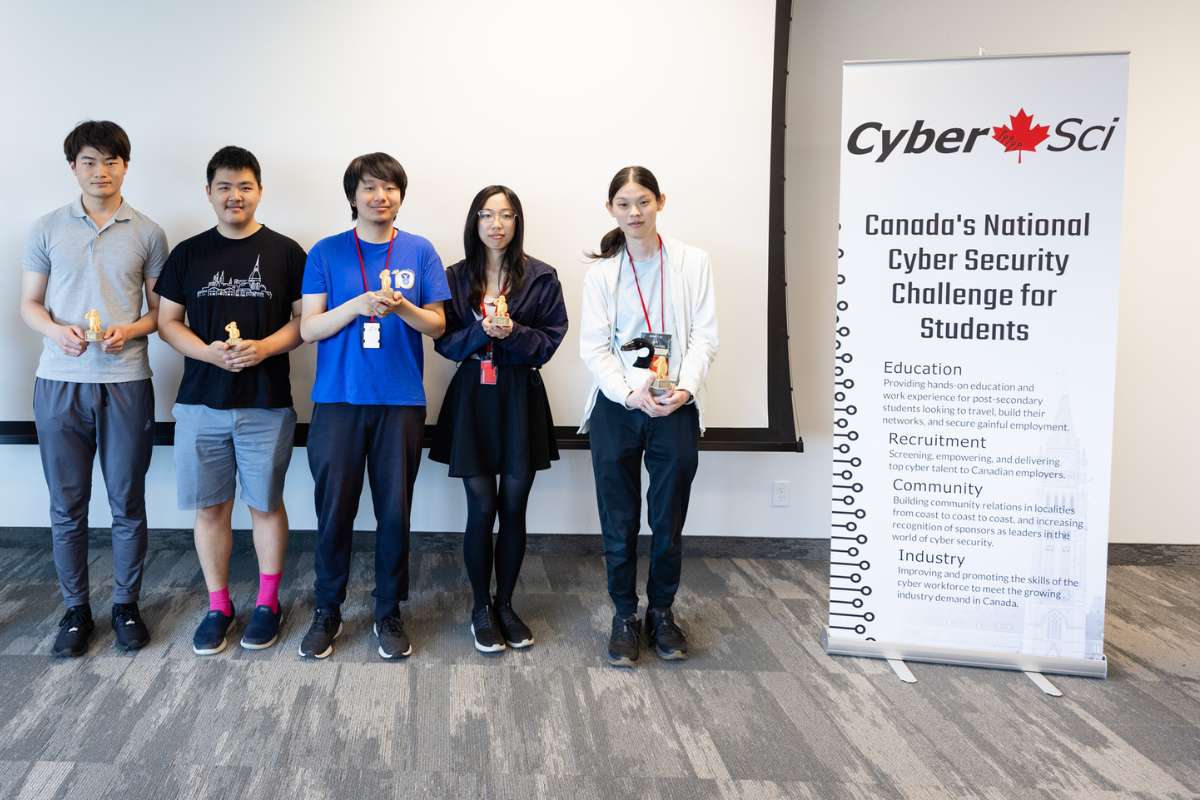(Source-mygreatlearning)
Risks in ChatGPT Plugins
Recent findings from cybersecurity researchers have shed light on potential security risks associated with third-party plugins for OpenAI’s ChatGPT. The research, conducted by Salt Labs, reveals vulnerabilities within ChatGPT’s ecosystem that could serve as entry points for malicious actors seeking unauthorized access to sensitive data. These flaws not only pose a threat to individual users but also raise concerns about the security of third-party websites like GitHub.
Exploiting Flaws and Risks
One of the identified vulnerabilities involves exploiting the OAuth workflow to deceive users into installing malicious plugins without their consent. By bypassing ChatGPT’s validation process during plugin installation, threat actors could gain control over user accounts, potentially exposing proprietary information. Additionally, issues with PluginLab discovered by Salt Labs could facilitate zero-click account takeover attacks, allowing adversaries to compromise organizational accounts on platforms like GitHub.
Salt Labs’ security researcher Aviad Carmel explained, “The endpoint ‘auth.pluginlab[.]ai/oauth/authorized’ does not authenticate the request, which means that the attacker can insert another memberId (aka the victim) and get a code that represents the victim. With that code, he can use ChatGPT Plugins and access the GitHub of the victim.”
Furthermore, vulnerabilities found in several plugins, including Kesem AI, raise concerns about OAuth redirection manipulation, potentially enabling attackers to steal account credentials associated with the plugins themselves.
Mitigation Strategies and Emerging Threats
In response to these security concerns, OpenAI has taken steps to mitigate risks associated with ChatGPT plugins. Effective March 19, 2024, users will no longer have the ability to install new plugins or create new conversations with existing plugins. However, the discovery of these vulnerabilities underscores the evolving nature of cyber threats surrounding AI technologies.
The recent research findings also highlight emerging threats targeting AI assistants, such as side-channel attacks. Academics from the Ben-Gurion University and Offensive AI Research Lab detailed a side-channel attack that exploits token length as a covert means to extract encrypted responses from AI assistants over the web. To counteract the effectiveness of such attacks, researchers recommend implementing measures such as random padding and group transmission of tokens to enhance security without compromising usability or performance.

Unraveling the Impact of GenAI: Shaping Cybersecurity’s Future
While threat actors leverage GenAI tools like ChatGPT to craft sophisticated cyberattacks, cybersecurity professionals envision a future where
As organizations navigate the complex landscape of AI-driven technologies, prioritizing robust security measures remains paramount to safeguarding sensitive data and mitigating potential risks posed by cyber threats. Collaborative efforts between researchers, developers, and cybersecurity professionals are essential to stay ahead of evolving threats and ensure the integrity of AI-powered platforms like ChatGPT.






